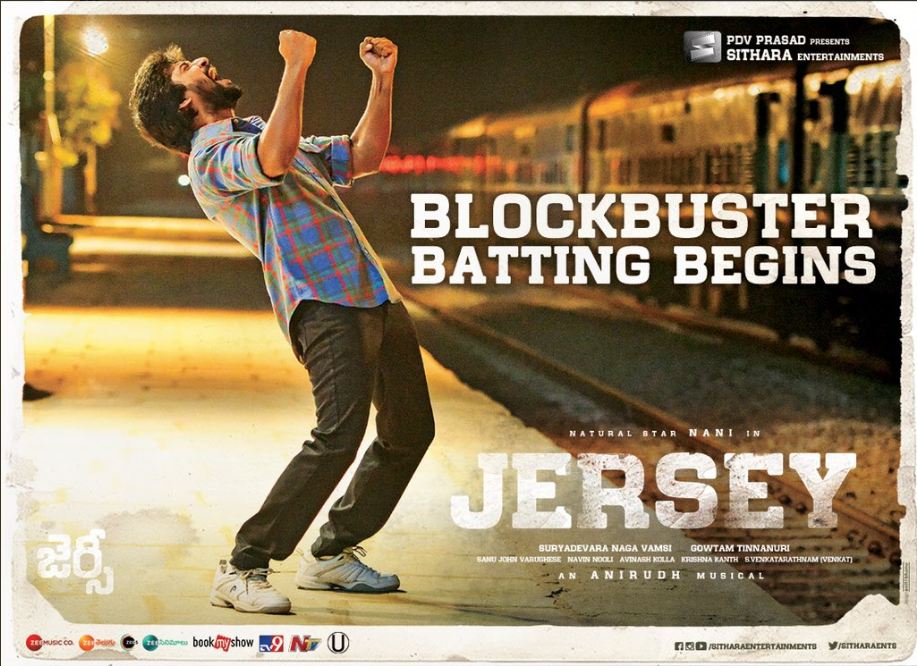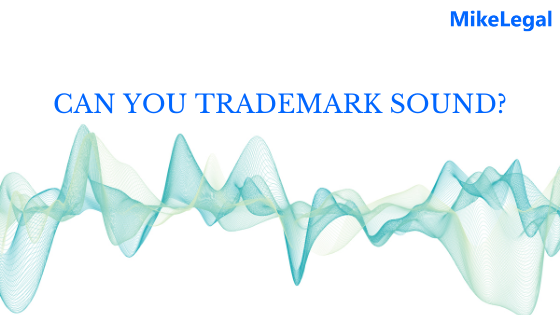Rajneesh Jaiswal files a Copyright Case against the Movie Jersey
Rajneesh Jaiswal (Plaintiff) knocked the doors of the courtroom against the release of the film “Jersey”, stating that he had registered the film script in 2007 and that the film was a copy of his storyline “The Wall”
Jersey is a remake of a Telugu film of the same name. The Telugu film starring Nani and Shraddha Srinath was well received. The film was also awarded the National Awards for Best Feature Film – Telugu and Best Editing. In the Hindi version, Shahid steps into Nani’s shoes while Mrunal plays his wife.
Jaiswal alleged that Jersey had too many similarities with his script, which was registered with the Screenwriters Association in 2007. He claimed that the release of the film would cause him a huge financial loss.
To this argument, the Jersey makers (Defendant) said that a Telugu movie was already released in 2019 with the same storyline, which the writer is not claiming his own, and Jersey is only the remake of the Telugu movie.
Mr. Vishal Kanade (Lawyer of Plaintiff) had submitted that the Plaintiff had come across an article in Bombay Times on 27th December, 2021 regarding a Hindi motion film titled “Jersey” and in which there was a brief description of the film. The Plaintiff upon reading the article learnt from the summary of the film that there was an uncanny resemblance to the Plaintiff’s film script.
Mr. Kanade had also referred to the comparison between the script “The Wall” and the film titled “Jersey” which was stated to be released on 14th April, 2022. After comparing both he came to the conclusion that there was substantial adoption of the Plaintiff’s script in the Defendant’s film “Jersey”
To this film makers replied that in a film on cricket, often there is a similarity in scenes particularly in order to depict a person who has ambition of playing cricket whether for the Indian Cricket Team or Ranji Trophy Cricket Team and ultimately succeeds in his ambition. He has submitted that the Telugu film “Jersey” had already theatrical release in April, 2019 and was exploited extensively on the satellite and OTT platforms.
There are some facts which the filmmakers have referred to which date back to 2019. On 9th August, 2019, the Defendant had issued a public notice under which it informed the public that he had applied for remake rights in the subject Telugu film and invited objections from third parties, if there was any objection. Prior to this date, the subject Telugu film “Jersey” had already theatrically released in India and overseas on 19th April, 2019 and had been exploited on various channels and OTT platforms. On 13th October, 2019, the Telugu film’s Hindi dubbed version was made available on www.youtube.com by M/s. Goldmines Telefilms, and had a significant amount of views.
The first public announcement of the subject film starring Shahid Kapoor was published in Bombay Times. The release date at that time was declared as 28th August, 2020, which got postponed because of Covid 19. The promotion of the movie was going on in full swing and also the official cinematic trailer of the Suit film was uploaded on www.youtube.com on 23rd November, 2021. So here there was no objection made by the Plaintiff so later on he cannot file a Copyright infringement case. He (Defendant) has submitted that there is a gross delay and laches in seeking ad interim relief.
A cease and desist notice was issued by the Plaintiff dated 29th January, 2022 and in which requisition was sought for including the complete data of revenue generated by Telugu Motion Film “Jersey” and also sum of Rs.5,00,00,000/- or 50% of total revenue generated form Telugu film “Jersey” whichever is more as a compensation for what has been alleged is a theft of story, concept and ideas which are original and registered literary works of the Plaintiff. They also wanted that the Defendant should immediately refrain from advertising, publishing or any kind of acts whatsoever concerning the publicity of the subject film on any platform / theater either being the print or electronic media forthwith.
There was also a reliance made by Dr. Saraf (Lawyer of Film makers) upon certain decisions made by the Court in Sameer Wadekar vs. Netflix Entertainment Services Pvt. Ltd wherein this Court had queried as to how the Defendants would come to know of the Plaintiff’s story which was fictional and absolutely original, particularly Defendant who is the author of the web series BETAAL. This Court had considered the emails exchanged between Plaintiff and third parties which were prior to the filing of the Suit. These emails did not show any link between the third party and Defendant. Hence, this Court had found it difficult to believe that the so-called original story written by Plaintiff, can be copied by somebody else.
Another case which was referred to was Sai Paranjpaye vs. PLA Entertainment Pvt. Ltd and Ors, in the context of a public notice issued in Trade Journal. The Court held that the Plaintiff therein being closely associated with the film industry and its working cannot be heard to say that she had not come across the said advertisement issued in the public notice or Trade Journals or that her attention was not drawn by anyone qua the said public notice of the subject film in that case. In this case also the Plaintiff cannot feign ignorance of the public notice issued of subject film in the present case, way back in the year 2019. There was also a reliance upon decisions of the Court with regard to delay and in this event the Defendant is prejudiced by virtue of such delay, ad interim relief would not be granted.
In the light of these facts the Court had come to the finding that ad-interim relief is required to be granted to the Plaintiff in order to protect the Plaintiff’s script. In view of the above finding on delay and laches, ad interim relief sought for which is for stay on the launch of the Hindi dubbed “Jersey” which is to be released on 22nd April, 2022 in theaters and / or any other platform / electronic media cannot be granted. The ad-interim relief is accordingly, rejected.
This case study has been written by Kinnari Bhatt during her internship with MikeLegal
References:
- https://www.livelaw.in/pdf_upload/bombay-high-court-jersey-movie-415046.pdf
- https://english.pardaphash.com/rajneesh-jaiswal-files-a-copyright-case-against-film-jersey-mumbai-hc-orders-a-settlement/
- https://eng.bharattimes.co.in/jersey-plagiarism-case-shahid-kapoors-film-to-release-on-april-22-nod/
- https://irshadgul.com/shahid-kapoors-jersey-allegedly-accused-of-plagiarism-was-the-release-date-extended-because-of-this-ig-news/






